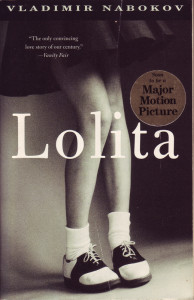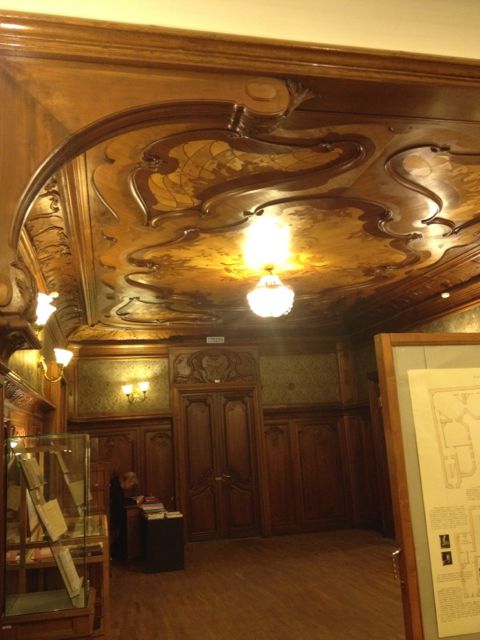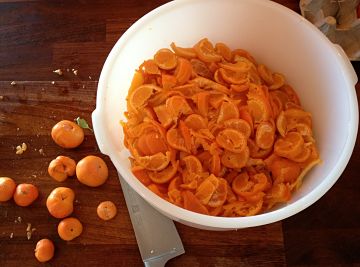I set aside David Lipsky’s review of Nabokov’s Letters to Vera in Harper’s to read this morning, and was rewarded by a truly elegant piece of work. Lipsky doesn’t just review the letters, he provides a succinct and literate overview of Nabokov’s life, his work, his long marriage. “No marriage of a major twentieth-century writer lasted longer,” he quotes from Brian Boyd’s introduction. He manages to cull and quote gems from the 864 pages and relate them to the body of Nabokov’s fiction.
 He notes the shocking intimacy of Nabokov’s work–“The hero takes a sleepy, eye-watering yawn–and the world ‘shivered and dissolved in the prism of his tears.’ …Nabokov’s people are constantly yawning scrunching, nose wiping, bug-bite scratching.”
He notes the shocking intimacy of Nabokov’s work–“The hero takes a sleepy, eye-watering yawn–and the world ‘shivered and dissolved in the prism of his tears.’ …Nabokov’s people are constantly yawning scrunching, nose wiping, bug-bite scratching.”
He’s especially funny about the popular “hurricane” of Lolita, published thirty years into Nabokov’s literary career: “There were Lolita dolls, Lolita cartoons (arriving Martian: ‘Take me to your Lolita’), a Kubrick movie, a San Francisco drive-in serving Lolitaburgers.” And Eichmann–instrumental in the murder of (among others, Nabokov’s brother), who finds the book “unwholesome.”
 The essay was especially moving to me having visited the Nabokov museum in St. Petersburg–all those many title pages with hand-drawn butterflies dedicated to Vera. Continue reading “Morning reading”
The essay was especially moving to me having visited the Nabokov museum in St. Petersburg–all those many title pages with hand-drawn butterflies dedicated to Vera. Continue reading “Morning reading”

